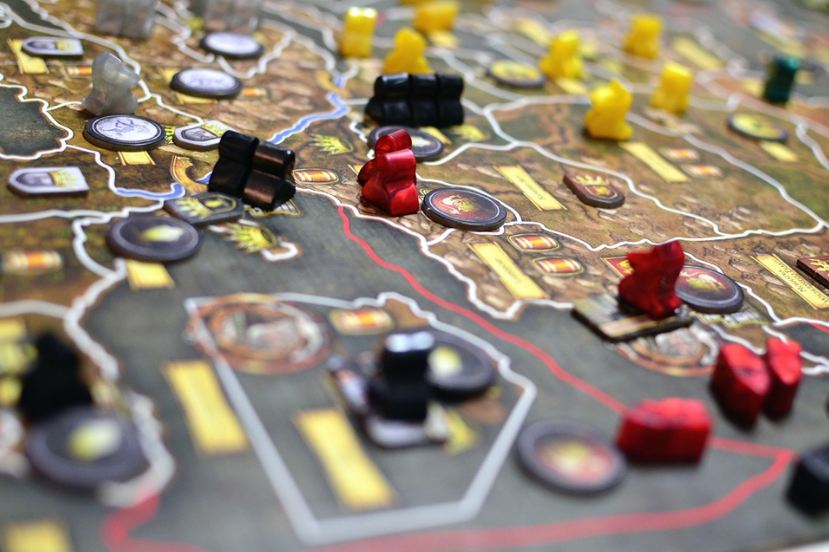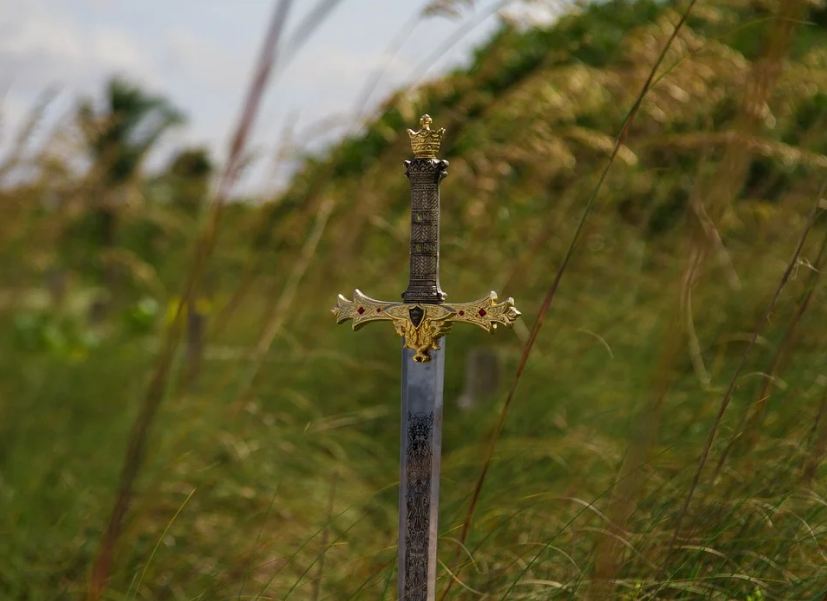Monopoly, step aside! Several board games use the past as inspiration, ranging from simple card games to world-saving, multi-hour epics for history buffs. If you go beyond the (un)holy trio of Risk, Monopoly, and Cluedo, board games can take you pretty much everywhere in history – from the Roman Empire and ancient Greece down to the Cold War.
While some prefer to play outdoors and have fun under the sun, others prefer to spend their time indoors. We’ve compiled a list of historical board games to enjoy inside, so if you particularly have an interest in history, you should take a look at these five board games.
Twilight Struggle
First and foremost, if you’re searching for a lighthearted party game or something to do while watching a movie, then this game isn’t for you. This epic dispute for Cold War global dominance is interesting if you have a decently competitive opponent, four hours set aside, and the willingness to confront an extremely long instruction manual (and maddening in equal measure). Meanwhile, click the following link if you are interested to know the best au online casino sites.
One player assumes the position of America, while the other takes the role of the USSR in this intricately designed war of attrition between communism and capitalism. The game progresses through three sessions – early, middle, and late war – as the players choose cards depicting Cold War events ranging from the NATO formation and Cuban Missile Crisis to Nixon’s visit to China and Flower Power.
On a board that looks much like Risk, the competitors seek to extend their influence over the world by exerting political pressure or launching military coups. There are a hundred various ways to win (don’t skip the Space Race!) in this game. And right at the moment you think you’ve got it all figured out, your entire plan could come tumbling down.
Meanwhile, the DEFCON level is deteriorating, posing a risk of mutually assured catastrophe. That is unless one of you flips the board over in rage first.
Splendor
This tactical gem-and-card acquisition game let players take the roles of merchants in an undisclosed locale during the Renaissance and requires little historical knowledge to play.
You try to accumulate wealth by visiting shops, gem mines, and public transportation (although these are highly visual and not as crucial as the gem values on the cards).
While the game may slowly begin while players examine the possibilities on the board, the action quickly picks up as coins collect, and players may afford to spend more on higher-value cards. It’s a fun mix of chance and strategy with endless variations. On the other hand, the following link will bring you to the most trusted platform where you can play real money nz online pokies.
Cyclades
Cyclades is a civilization-building game set in the time of the ancient Greeks, in which up to five factions compete for territory, with the victor being the first to create (or capture) two metropolises.
It’s set in the same-named Aegean island group, albeit based on Greek mythology rather than the Peloponnesian War (a multi-decade struggle between Sparta and Athens that engulfed most of the region).
One round sees players outbidding each other to produce the best offering to their chosen god and earn their favor, based on the myth that the ancient Greek gods were much more fickle than beneficent (note how partisan they were thought to have been during the Trojan War). This is significant since each deity allows you to construct a unique city construction.
To add to the mayhem, you can call a variety of mythological beasts, like the Minotaur, a sphinx, and Medusa.
Chronology
Chronology is a simple, quick, and engaging game that tests your knowledge of events and dates. In contrast to Timeline, instead of contributing to a group timeline, you use your ability to create your timeline of cards.
Players take turns reading details of an incident to another player – some are much vaguer than others, which can be frustrating at times, but you can figure out most with a bit of context! The player earns the card if they correctly determine where the event happens in their chronology (for example, was Magna Carta sealed before or after the Great Fire of London?).
If the first person doesn’t correctly estimate where the card belongs, another player has a chance to answer correctly and get the card, and so on. The player who finishes their timeline first wins.
Azul
Azul is a game inspired by the tiles used to embellish castles in Southern Spain, such as the Alhambra (where a young Catherine of Aragon composed love letters to Prince Arthur Tudor, her betrothed). Each player, dressed as a tile-laying artist, places tiles to adorn the Royal Palace of Évora, an old royal residence of the Portuguese kings, with different patterns earning points.
Azul is a cleverly designed package that takes players into the vast palaces of Moorish design, with the miniature playing pieces mirroring the azulejos (decorated ceramic tiles), which enthralled Portuguese king Manuel I during the 15th century.


